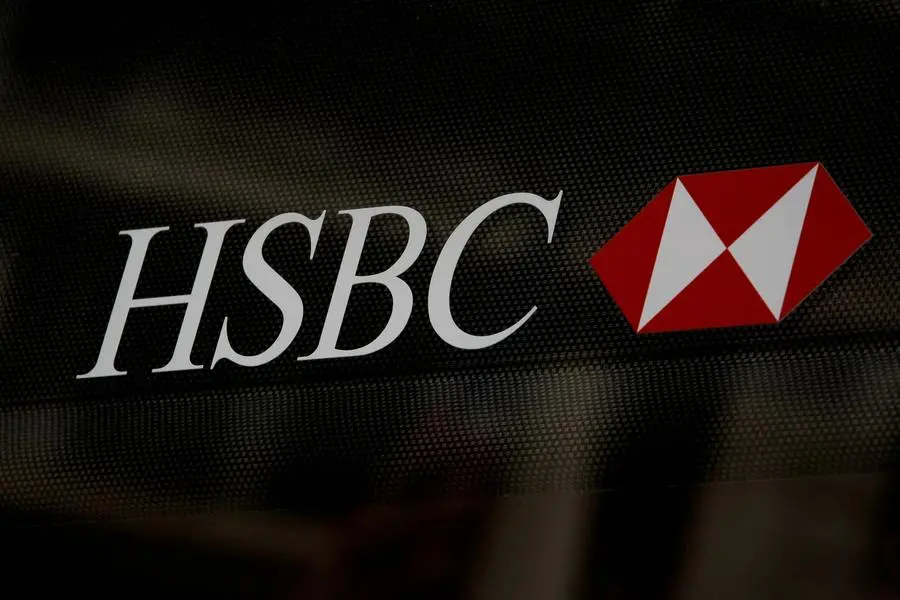London, April 11: HSBC is making moves into the fast-growing private credit market, positioning itself alongside global banking giants seeking to tap into this booming sector. According to sources close to the matter, the bank has initiated discussions with private credit firms, although a formal partnership remains uncertain.
This strategic pivot highlights HSBC’s efforts to boost revenue following months of restructuring, workforce reductions, and its most significant pullback from investment banking in decades.
A Cautious Yet Strategic Approach
Unlike some of its competitors that have aggressively expanded into private credit, HSBC appears to be taking a more measured approach. CEO Georges Elhedery and other top executives remain skeptical about whether the potential revenue gains will outweigh the operational costs.
Adding to this caution, recent trade disruptions, including U.S. President Donald Trump’s sweeping tariffs, have created uncertainty in corporate borrowing demand. This macroeconomic instability has influenced HSBC’s decision to move carefully in private credit partnerships.
How HSBC Plans to Enter Private Credit
Rather than building a separate private credit division, HSBC is likely to leverage its existing asset management and life insurance businesses, particularly in Hong Kong. By working alongside private credit firms, HSBC can facilitate loans while earning fees without significantly impacting its balance sheet.
This model follows the path of other major banks like Citi, which partnered with Apollo to expand private lending operations. Such partnerships allow banks to retain customer relationships while offloading risk to asset managers specializing in private credit.
Read more: US-China Trade War; Markets Still Down in Reaction Despite Pause
A Shift in Banking: The Rise of Private Credit
The banking industry has seen a dramatic shift in lending practices. In the 1970s, banks controlled 55% of global private lending. By 2023, that figure had dropped to just 33%, with private credit firms and bond markets filling the gap.
According to Moody’s, private credit assets under management are expected to double, reaching $3 trillion by 2028. Given this rapid growth, it’s no surprise that HSBC is eyeing a foothold in this lucrative market.
Competing with Global Banking Giants
HSBC’s potential entry into private credit aligns with moves made by its competitors.
JPMorgan has allocated an additional $50 billion for direct lending.
Goldman Sachs launched a Capital Solutions Group to focus on private capital markets.
Deutsche Bank partnered with asset manager DWS for first-access private credit deals.
These developments underscore the growing importance of private credit in global banking strategies.
Read more: International Gold Rate Touches $ 3200 Hitting New Highs
What’s Next for HSBC?
With a $493 billion wholesale loan book, HSBC serves a vast network of multinational corporations looking for cross-border financing. These businesses are particularly appealing to private credit investors due to their stable borrowing patterns and attractive risk-adjusted returns.
While HSBC remains cautious, its calculated entry into private credit could be a game-changer for the bank’s long-term revenue strategy. As competition heats up, the next few months will determine whether HSBC makes a decisive move or continues to test the waters









